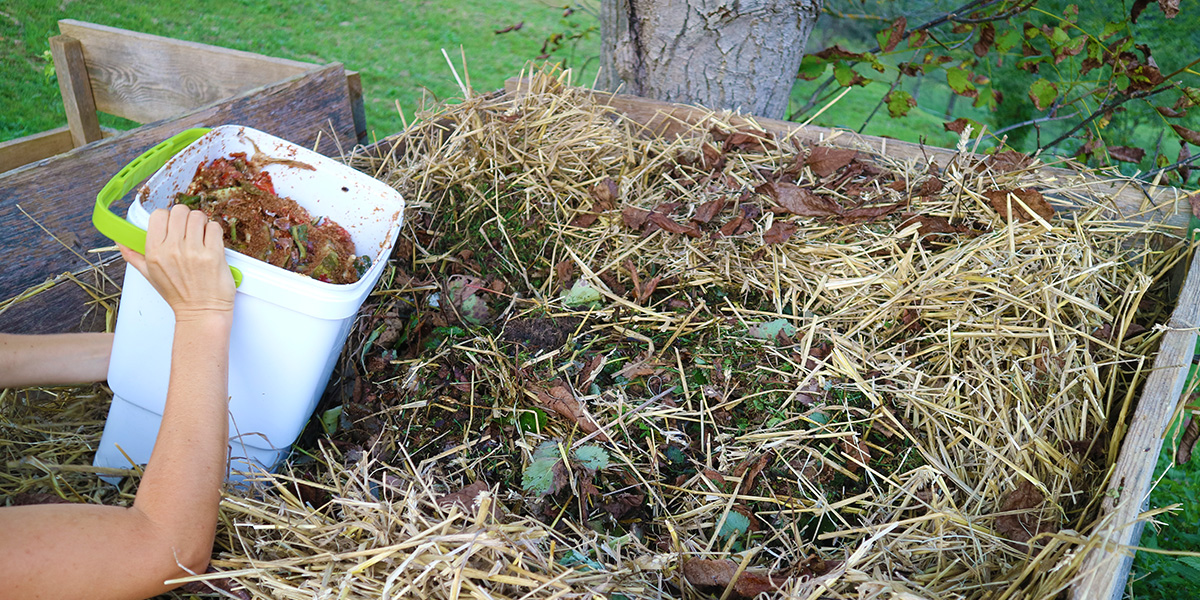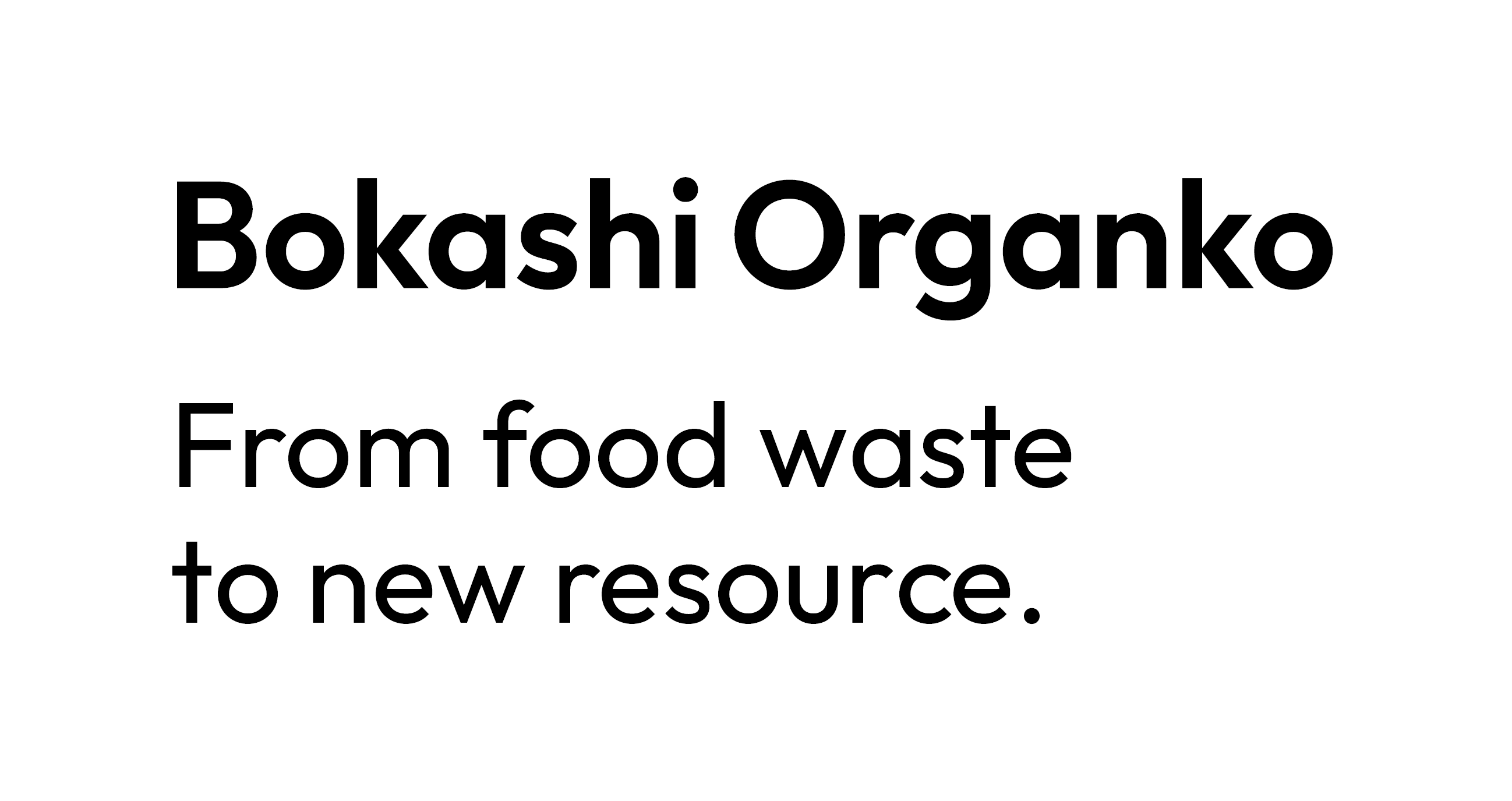That produces precious compost, also known as black gold. But do we know who invented composting? Is there an individual we can thank for this key to organic gardening and farming? We will answer this question in today's article. Moreover, we will also do a quick overview of the composting history, which is much more interesting than you might think. Furthermore, we will also take a look at a fermentation method that originates from Asia and is now acknowledged as the best composting method. This is also where you'll learn who invented effective microorganisms. Last but not least, we will also make a quick comparison of the traditional and bokashi composting, where you will get to learn why the latter is the go-to method.
Who invented composting - Nature vs. Scots
Who invented composting? Probably the correct answer would be mother nature. As you may know, composting is a natural process in which beneficial microorganisms convert organic material into nutrient-rich soil builder. Moreover, looking at the history books, the first archaeological evidence of composting dates as far back as 10,000 BC (Neolithic). This was also the time when agriculture came to life. So, while we can give credit for inventing composting to mother nature, it's hard to say who invented composting if we want to accredit a specific person. Though the oldest archaeological evidence originates from the British Isles, proving that the Scots used compost to improve their small farms. Hence, "the Scots" would also be a technically correct answer to "who invented composting?"
History of Composting is an extremely valuable process composting: the ancient science
We can't discuss the "who invented composting" topic without looking at the history of composting. However, we know that history (at least as a school subject) was a bit of a snooze fest for most of you. Thus, we will keep this short and sweet.
- Scotland's oldest archaeological evidence of composition dates as far as 12,000 years ago.
- As far as the current findings go, the first written mention of compost dates back to 2,300 BC. This was when the Akkadian Empire noted a thing or two about the use of manure in a series of clay tablets.
- The practice of natural fertilization continued and was an important part of all major civilizations. As such, Egyptians, Greek, and Romans all used some sort of composting. They collected and composted waste on dung hills. They also used manure and urine-soaked straw. Furthermore, sadly due to many bloody wars, the ancients also knew how blood, flesh, and bone benefited plants.
- Plutarch: "They say that the soil after the bodies had rotted and the winter rains had fallen, was so fertilized and saturated with the putrefied matter which sank into it, that it produced an unusual crop the next season."
- Interesting fact: The Egyptians even had a law that protected earthworms and banned their export.
- Both the Talmud and the Bible address the importance of composting and fertilization.
- Arabs, especially those who conquered Spanish lands, also knew a lot about the proper use of natural fertilizers. Blood was also one of the popular options.
- Aztecs had a system in place that enabled them to use human feces along with guano as compost.
- Other civilizations used night soil; it was particularly important in Asia. However, in Eastern parts of Asia (Japan, Korea), people also used a very efficient method called Bokashi composting.
- In the USA, George Washington was a composting expert. He was experimenting with different formulas. Finally, he settled on a mixture of manure and plant material.
- In the 19th century, Britain took a grimmer approach toward fertilization. They collected bones from graveyards and battlefields and shipped them to Yorkshire, where they were ground up and used on the fields.
- Justis Liebig significantly impacted agriculture with his "law of the minimum" (1840), which led to the birth of the chemical fertilizer industry.
- Another important figure, Sir Albert Howard, invented composting suited for indoor use. However, the word "invented" must be taken with reserve as he was heavily influenced by Chinese methods.
- Rudolf Steiner was the first to battle the over-use of chemical fertilizers (1924) with his biodynamic approach. While his teachings were slightly eccentric, he played an important role when it came to warning about the negative effects of synthetic fertilizers.
As you can see, the history of composting is a lot bloodier than we'd expect. However, it is what contributed to the knowledge we have today when we know how to convert organic material into quality compost efficiently. Moreover, thanks to the bokashi method, every household can do this inside the kitchen.
Who invented bokashi composting
If you went through the previous section, you must have noticed we also mentioned bokashi (a Japanese word for "fermented organic matter"). This ancient Asian method is particularly important because, as it turns out, it offers the most user-friendly and efficient way to handle organic material in an environmentally friendly manner. However, just like with the "who invented composting" question, there is no particular person that can be accredited for inventing the bokashi method. In fact, it's still not clear whether it originates from Japan or Korea.
However, when it comes to bokashi composting as we know it today, where we use effective microorganisms to speed up the process, Dr. Teuro Higa from Japan gets the credit. In 1982 he developed a microbial starter culture that was marketed as "EM-1", where EM stands for Essential Microorganisms.
 Bokashi vs. traditional composting
Bokashi vs. traditional composting
The main difference between traditional composting and the modern bokashi method is that the latter takes part in airtight containers. As such, the anaerobic microorganisms get the job done. This also means that it can be easily done in any kitchen. All it takes is a quality bokashi composter that enables fermented liquid removal and ensures airtight conditions. Moreover, it has now been confirmed by a large number of experiments that bokashi composting is, on average, two times faster. Furthermore, it produces about twenty times less CO2 emissions than traditional composting. In addition, bokashi composting doesn't produce any unpleasant smell nor attract flies or other pests. All this makes it the most efficient and user-friendly type of composting.
Parting thoughts
The way we see it, it doesn't really matter who invented composting. What matters are our actions and the fact that our planet needs us to do the right thing more than ever before. As such, we can all express gratitude to mother nature and all people who contributed that we now have a very efficient way to deal with organic waste responsibly. Now, it's up to us to use this method and ensure that our organic waste stays in the loop. Not only is this the way to reduce landfill pollution, but it's also the key to organic farming, which is something we should all strive towards. To learn more about bokashi composting and how you can make an even greater impact, visit the Bokashi Organko website.


